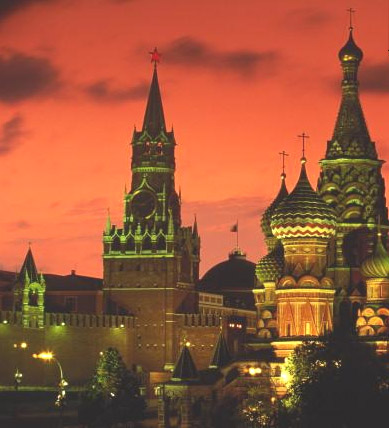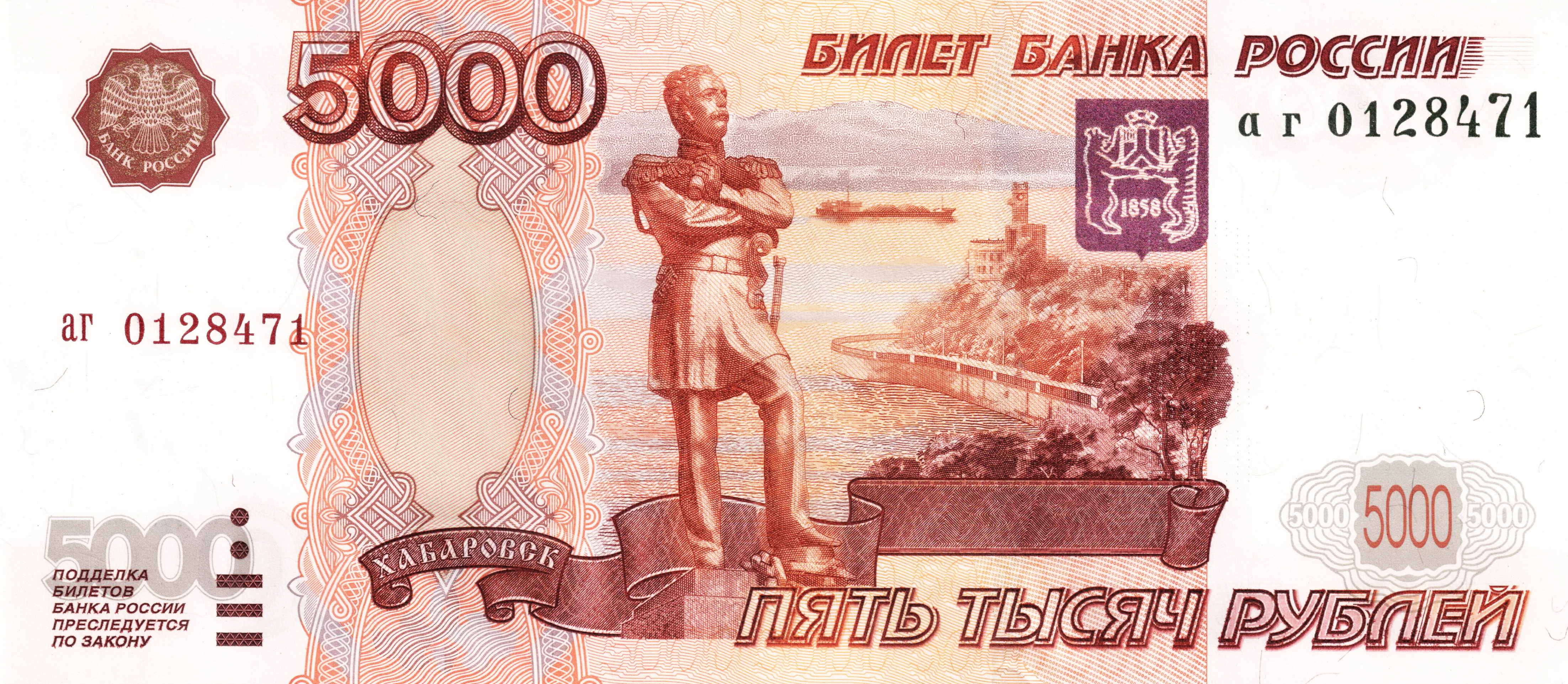Leo Tolstoy once wrote "Happy families are all alike; every unhappy family is unhappy in its own way." Anna Karenina, Chapter 1.
Perhaps, the same is true of countries.  Ilene
Ilene
Growing Unrest In Russia Amidst Economic Crisis
When a top economic adviser to Vladimir Putin approached his boss in September to argue that the rapid fall in the oil price meant he would have to devalue the rouble, the answer was a firm nyet. “He said he would not be the prime minister of devaluation,” one insider said.But even before the oil price failed to recover on output cuts by the Opec producers’ cartel earlier this month, Mr Putin’s room for manoeuvre was running out. As crude has fallen from $147 a barrel this summer to less than $40, Russia’s oil-fuelled economic boom has come abruptly to an end. A country that was growing at a rate of 7 per cent only six months ago now faces a looming recession – and Mr Putin, almost exactly nine years since Boris Yeltsin handed him the presidency on New Year’s Eve, is stalked by the same prospect of economic failure as his ill-fated predecessor.He must also contend with growing unrest. This month has seen thousands of Russians protest against the government’s handling of the crisis in a series of demonstrations across the country. With some 400,000 losing their jobs in November alone and around 2 per cent of those in work facing wage arrears, tensions are likely to rise further.As well as suffering from a marked drop in demand for commodities, Russia’s economy is also being choked by Mr Putin’s rouble policy. His decision to stave off a sharp devaluation is starting to look to some economists as ill-advised as Yeltsin’s similar attempt in 1998. The central bank has already lost more than a quarter of its foreign currency reserves as a result of its efforts to stem the rouble exodus that began in August, when foreign investors fled Russia in the wake of the war with neighbouring Georgia.Russia’s reserves of some $451bn (€321bn, £309bn) may still be the third largest in the world, but the sharp drop in the oil price is limiting its ability to replenish them. Propping up the rouble is currently costing the government $6bn to $10bn a week; if this continues, Mr Putin may be unable to assuage popular unrest as he did in 2003, when he defused a row over social benefits by spending freely.Also at risk is the country’s ability to refinance the foreign debt held by Russian companies. With international credit markets closed, the government has so far pledged $50bn for this purpose. But with up to $170bn due next year, analysts say, the reserves could be quickly exhausted.“The situation is starting to look like 1998 when, in anticipation of devaluation, the credit market is frozen and there is an enormous contraction of the economy,” says Anton Strouchenevsky, an economist at Troika Dialog, the Moscow investment bank.

The ruble fell to a record low against the euro as Russia devalued the currency for the 12th time in seven weeks after the government forecast its first budget deficit in a decade.The managed currency weakened 2.6 percent to 41.7245 per euro, the lowest since the European currency started trading in 1999. It fell 0.7 percent to 29.1797 versus the dollar, a four- year low. Bank Rossii allowed the ruble to fall 1.7 percent against its basket of 55 percent dollars and 45 percent euros, the most since the measure was introduced in February 2005, according to a central bank official who declined to be identified, citing bank policy.The ruble may need to fall another one-fifth against the basket if oil prices don’t rise and Bank Rossii doesn’t change its policy, said Evgeny Gavrilenkov, chief economist at Troika Dialog in Moscow. Gavrilenkov called in October for a one-time depreciation of as much as 20 percent, when oil prices were above $60 a barrel.
Russia’s economy is deteriorating at a very fast pace. The Stabilization Fund of the Russian Federation — a giant $450 billion savings account — has been depleted by a quarter since September as Russia has tried to defend its currency. But in spite of these attempts, the ruble still declined.Russian companies are facing $170 billion in debt rollover next year. Since the rest of the world isn’t willing to finance companies in a stable political regime, getting financing for Russian companies will present a problem. President Dmitry Medvedev and his boss, Vladimir Putin, will have to spend another quarter of the reserve to fund Russian corporations.These whispers will magnify as things get worse. But what concerns me is the inevitable response. I visited Russia in September for the first time since I left in 1991, and even though at the time the country was prospering (the economic crisis was still weeks away), I felt this broad anti-American attitude.Now that things are getting worse by the minute, Putin will likely attempt to shift the blame to — you guessed it — the US. America will be made a scapegoat for the global crisis, for manipulating oil markets and for anything else that goes wrong in Russia.The relationship between the countries is liable to get a lot worse.
A year ago, Gazprom, the Russian natural gas monopoly, aspired to be the largest corporation in the world. Buoyed by high oil prices and political backing from the Kremlin, it had already achieved third place judging by market capitalization, behind Exxon Mobil and General Electric.Today, Gazprom is deep in debt and negotiating a government bailout. Its market cap, the total value of all the company’s shares, has fallen 76 percent since the beginning of the year. Instead of becoming the world’s largest company, it has tumbled to 35th place. And while bailouts are increasingly common, none of Gazprom’s big private sector competitors in the West is looking for one.That Russia’s largest state-run energy company needs a bailout so soon after oil hit record highs last summer is a telling postscript to a turbulent period. Once the emblem of the pride and the menace of a resurgent Russia, Gazprom has become a symbol of this oil state’s rapid economic decline.During the boom times, Gazprom and the other Russian state energy company, Rosneft, became vehicles for carrying out creeping renationalization.As oil prices rose, so did their stocks. But rather than investing sufficiently in drilling and exploration, Russia’s president at the time, Vladimir V. Putin, used them to pursue his agenda of regaining public control over the oil fields, and much of private industry beyond.As a result, by the time the downturn came, they entered the credit crisis deeply in debt and with a backlog of capital investment needs. (Under Mr. Putin, now the prime minister, Gazprom and Rosneft are so tightly controlled by the Kremlin that the companies are not run by mere government appointees, but directly by government ministers who sit on their boards.)Mr. Medvedev [the Gazprom executive] said the share price “does not reflect the company’s value” and blamed the financial crisis that began on Wall Street for the company’s woes.




